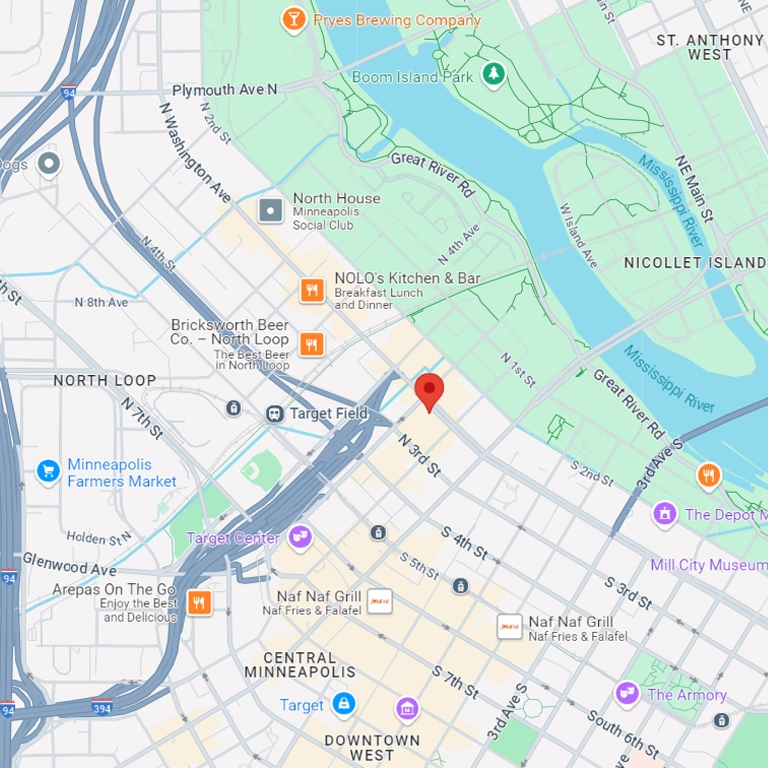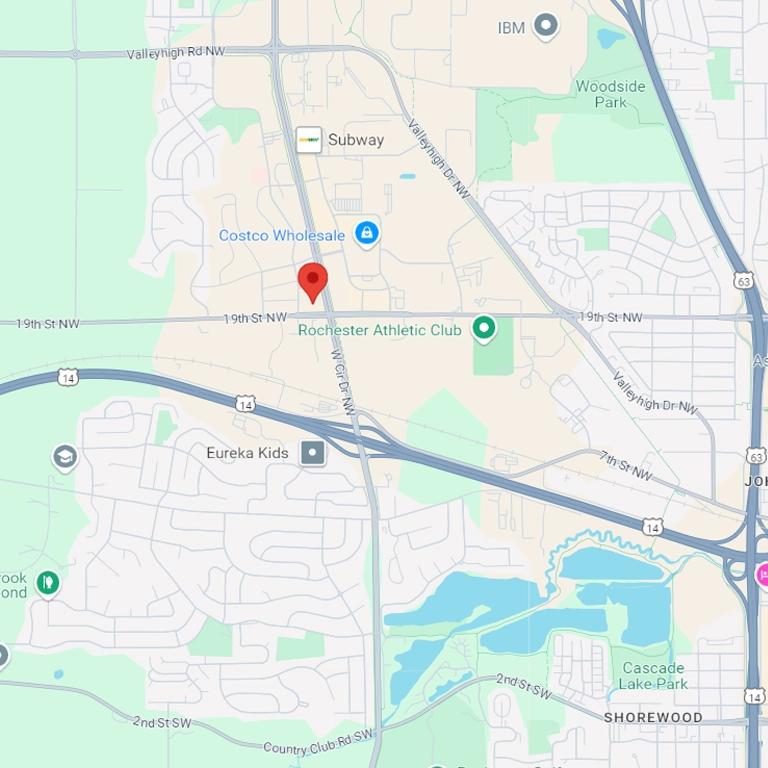Guardianship vs. Powers of Attorney: Understanding Your Options
Planning for the future is essential, particularly as we age. One of the biggest considerations for seniors and their families is making sure a trusted person is empowered to make key decisions if incapacity occurs. The two main tools for this are Guardianship and Power of Attorney (POA). Each has specific purposes, but for most, an Estate Plan with a Power of Attorney is the preferred choice to maintain control and avoid court involvement.
In this guide, we’ll cover:
- The differences between Guardianship and Powers of Attorney
- Why Powers of Attorney are usually a better choice
- How each legal tool works and the situations where they’re typically used
What is Guardianship?
Guardianship is a court-ordered process in which a judge appoints a guardian to make personal, medical, or financial decisions for someone (the “ward”) who is deemed incapable of doing so independently. Guardianship is a crucial option in cases where no other legal preparations exist, but it comes with certain downsides.
Key Characteristics of Guardianship:
- Court-Ordered: Guardianship requires court involvement, where a judge decides if a person can no longer manage their own affairs.
- Time-Consuming and Costly: The process involves legal fees, court hearings, and often ongoing supervision by the court, which can strain both finances and emotions for families.
- Loss of Control: The court appoints the guardian, who may not be someone the ward would have chosen. The individual loses autonomy over personal, financial, and medical decisions.
While guardianship is a valuable safeguard, it is often seen as a last resort due to the loss of personal control. Our firm emphasizes planning with Powers of Attorney whenever possible to avoid the need for guardianship.
What is a Power of Attorney (POA)?
A Power of Attorney (POA) is a legal document that allows an individual (the “principal”) to name a trusted person (the “agent”) to make decisions on their behalf if they become incapacitated. POAs are an essential part of Estate Planning because they allow seniors to stay in control of who manages their affairs if they become unable to do so.
There are two main types of Powers of Attorney:
1. Financial Power of Attorney
A Financial POA authorizes the agent to handle various financial matters for the principal, including:
-
- Paying bills
- Managing bank accounts
- Filing taxes
- Overseeing investments
- Buying or selling property
With a Financial POA, seniors can ensure that their finances are managed responsibly by a person they trust, even if they can no longer manage them on their own.
2. Health Care Power of Attorney
A Health Care POA grants the agent the authority to make medical decisions if the principal cannot communicate their wishes. These decisions may range from routine care to critical end-of-life care.
Paired with a Health Care Directive (Living Will), a Health Care POA ensures that the senior’s health preferences are honored. The Health Care POA allows a chosen person to make these decisions instead of leaving them to a court-appointed guardian or medical professionals who may not know the senior’s values and preferences.
Why Powers of Attorney Are Often a Better Choice Than Guardianship
In most cases, establishing a Power of Attorney provides a more efficient, cost-effective, and empowering option compared to guardianship. Here’s why a POA is often the better choice:
1. Avoids Court Intervention
With a POA, there’s no need for court involvement. By setting up a POA in advance, individuals can select a trusted person to manage their affairs if needed, eliminating the need for a lengthy and costly guardianship process.
2. Maintains Control
A POA lets seniors choose who will act on their behalf, giving them a voice in who handles personal, financial, or medical decisions. With guardianship, a judge decides on the guardian, who may not align with the senior’s preferences. With a POA, you retain the power to decide in advance, ensuring your values are respected.
3. Reduces Emotional and Financial Strain on Families
Guardianship proceedings can be stressful and divisive for families, especially when there’s disagreement over who should be appointed. With a POA, these decisions are made in advance, minimizing family conflict and reducing the financial burden associated with guardianship fees and court costs.
4. Faster Access to Decision-Making Authority
A POA takes effect immediately upon the principal’s incapacity, enabling the agent to step in right away to handle pressing matters. In contrast, guardianship proceedings can take months to establish, potentially delaying essential financial or medical decisions and causing harm or loss in the interim.
When Might Guardianship Be Necessary?
While a Power of Attorney can prevent the need for guardianship in many cases, there are situations where guardianship may still be necessary. This typically happens when:
- The individual becomes incapacitated without having a POA in place.
- The POA is disputed due to concerns about fraud or undue influence.
- The appointed POA agent is not fulfilling their duties and must be removed or replaced by court intervention.
Even in these cases, having a comprehensive Estate Plan that includes a POA reduces the likelihood of needing court-appointed guardianship.
How to Establish a Power of Attorney as Part of Your Estate Plan
Setting up a Power of Attorney is a foundational step in Estate Planning. It lets you decide in advance who will make decisions on your behalf and under what conditions. Here’s how we guide our clients through establishing a POA:
- Work with a Qualified Estate Planner: Our team will help ensure all legal documents are drafted accurately to reflect your wishes.
- Choose Your Agent Carefully: Selecting a trustworthy and capable individual to serve as your agent is key.
- Define the Scope of Authority: Specify the extent of your agent’s powers, including any limitations or special instructions.
With a carefully crafted Estate Plan that includes a POA, you can protect your future and ensure that all decisions are handled according to your wishes without the need for court involvement.
Conclusion: Take Control of Your Future with a Power of Attorney
While guardianship has its place, it’s often a costly and stressful process that takes away autonomy from the incapacitated person. A Power of Attorney offers a far more empowering solution, allowing you to choose who will handle your personal, financial, and health care decisions if you become unable to do so.
If you’re ready to protect your future and maintain control over your affairs, we are here to help you set up a comprehensive Estate Plan that includes a Power of Attorney. Planning ahead ensures your well-being, finances, and health care are managed according to your wishes, providing peace of mind for both you and your loved ones. Contact us today to begin crafting a plan that aligns with your needs and values.
















